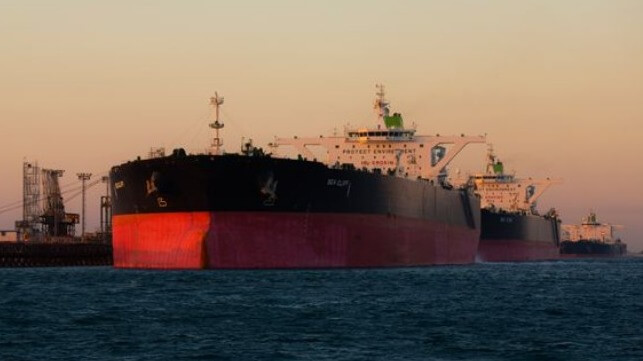U.S. Targets Iran, Houthis, Smuggling, and Oil Trade with Sanctions

The United States has taken significant steps to increase pressure on Iran and its financial networks supporting groups like the Houthis and Hamas. On December 19, the U.S. Department of the Treasury, along with its Office of Foreign Asset Control, announced a new set of sanctions targeting various aspects of Iran’s oil industry. These sanctions also focus on smuggling operations, arms trafficking, and financial facilitators. Notably, five cryptocurrency wallets linked to a key financial official in the Houthi movement were included in this latest round of sanctions. This move underscores the U.S. commitment to disrupting Iran’s financial capabilities and its support for proxy groups in the region.
Targeting Iran’s Financial Networks
According to Bradley T. Smith, the Acting Under Secretary for Terrorism and Financial Intelligence, Iran continues to utilize a complex network of vessels, companies, and facilitators to fund its nuclear program and support its proxies. The U.S. sanctions aim to dismantle this shadowy network. Smith emphasized that the latest actions reflect the U.S. commitment to using all available tools to disrupt the Houthis’ efforts to acquire weapons and secure funding. The sanctions specifically target individuals and entities involved in arms trafficking and money laundering, highlighting the extensive financial operations that support the Houthi movement.
Among those sanctioned are a dozen individuals, including the head of the Central Bank of Yemen’s branch in Sana’a, a Houthi stronghold. This individual has been implicated in facilitating financial transactions that support arms trafficking and the laundering of money. The U.S. government has identified key figures like Hashem Ismail Ali Ahmad al-Mandani, who coordinated financial operations, and Ahmed Muhammad Hasan al-Hadi, a senior financial official. Together, they used local money services to move large sums of money while circumventing existing sanctions. The sanctions also extend to two money exchange firms involved in these illicit transactions, further tightening the financial noose around the Houthis.
Impact on Shipping and Global Trade
The sanctions also target shipping companies and vessels that play a crucial role in transporting Iranian commodities to support the Houthis. The U.S. has identified Malaysia-based shipping companies and two tankers involved in these operations. Additionally, tankers registered in Liberia and Greece, as well as a company based in the Marshall Islands that controls a Djibouti-flagged crude oil tanker, have been included in the sanctions list. This broad approach aims to disrupt the logistical networks that facilitate the flow of resources to the Houthis.
The Biden administration has made it clear that it will continue to apply pressure on Iran and its financial streams. Officials have stated their commitment to exposing the schemes that enable destabilizing activities in the region. By targeting both individuals and entities involved in these operations, the U.S. hopes to significantly hinder Iran’s ability to finance its nuclear ambitions and support proxy groups like the Houthis and Hamas. The ongoing sanctions reflect a strategic effort to maintain stability in the region and hold accountable those who contribute to ongoing conflicts.
